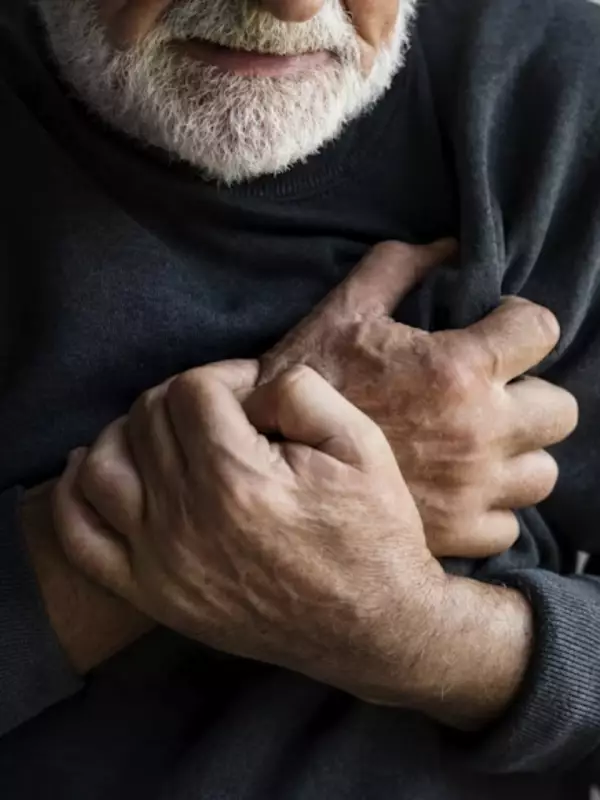
While most people imagine heart attacks as dramatic, chest-clutching events, many cardiac episodes occur silently - without the classic symptoms we've come to expect. These silent heart attacks are particularly dangerous because they often go unrecognized and untreated, causing significant damage to heart muscle.
What Exactly is a Silent Heart Attack?
A silent heart attack occurs when blood flow to the heart muscle is severely reduced or blocked, but the person experiences either no symptoms or symptoms so mild they're easily dismissed. Medical experts estimate that nearly 45-50% of all heart attacks fall into this silent category, making awareness crucial for early detection and prevention.
8 Critical Warning Signs You Must Watch For
1. Unusual Fatigue and Extreme Tiredness
Feeling overwhelmingly tired despite adequate rest could signal your heart is struggling. This isn't ordinary fatigue but a profound exhaustion that makes simple tasks like climbing stairs or carrying groceries feel overwhelming.
2. Discomfort in Chest, Arms, or Jaw
Instead of sharp pain, you might experience pressure, tightness, or a squeezing sensation in your chest that may radiate to your arms (especially the left), back, neck, or jaw. This discomfort may come and go.
3. Shortness of Breath During Normal Activities
If you find yourself gasping for air while doing routine tasks that never bothered you before - like making the bed or walking short distances - your heart might be warning you.
4. Persistent Indigestion or Heartburn
Unexplained stomach discomfort, nausea, or burning sensations that don't respond to antacids could actually be cardiac-related, especially in women.
5. Dizziness or Lightheadedness
Sudden spells of dizziness or feeling faint without obvious cause might indicate your heart isn't pumping blood effectively to your brain.
6. Cold Sweats Without Physical Exertion
Breaking out in a cold, clammy sweat when you haven't been physically active is a red flag that many people mistakenly attribute to stress or anxiety.
7. Unexplained Anxiety or Sense of Doom
Some people report feeling suddenly anxious, restless, or having an unexplained premonition that something terrible is about to happen.
8. General Malaise or 'Just Not Feeling Right'
That vague feeling of being unwell without specific symptoms is how many describe their silent heart attack experience. Trust your instincts if something feels 'off.'
Why Silent Heart Attacks Are Especially Dangerous
Because these symptoms are easily attributed to stress, indigestion, or simply getting older, many people delay seeking medical attention. This delay allows heart damage to progress, increasing the risk of future cardiac events and complications.
Who's Most at Risk?
While silent heart attacks can happen to anyone, they're more common in people with diabetes (due to nerve damage that affects pain perception), women, and older adults. However, with rising stress levels and changing lifestyles, younger Indians are increasingly vulnerable.
Take Action: What to Do If You Experience These Symptoms
Don't ignore subtle warning signs. If you experience any combination of these symptoms, especially if they're unusual for you:
- Consult a cardiologist immediately
- Describe all symptoms, no matter how minor they seem
- Request an ECG and other cardiac tests
- Follow your doctor's recommendations for lifestyle changes
Remember, when it comes to heart health, it's always better to be safe than sorry. Recognizing these silent signals could be the difference between early intervention and permanent heart damage.






